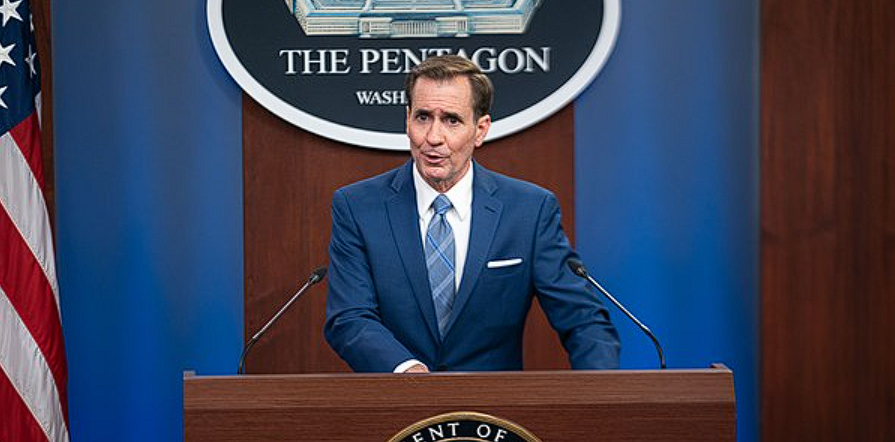U.S. Supports Cutting Russian Gas Transit
Others are reading now
As global energy markets continue to shift, the closure of Russian gas transit through Ukraine marks a significant turning point.
On January 1, 2024, Ukraine made the decision to stop Russian natural gas transit through its territory, a move that will have far-reaching effects.
The U.S. National Security Council’s spokesperson, John Kirby, has called this shutdown one of Russia’s “most costly defeats.”, The Kyiv Independent reports.
Ukraine’s decision to halt gas transit follows repeated warnings that it would not renew its agreement with Russia once it expired in 2024.
Also read
The reason for this was clear: Ukraine did not want to fund Russia’s ongoing war.
By cutting off this route, Russia stands to lose approximately $6.5 billion in annual revenue from gas exports to Europe, according to Kirby.
The U.S. has been working to offset Russia’s losses by increasing its own energy supplies to Europe.
Liquefied natural gas (LNG) imports from the U.S. now account for 50% of Europe’s LNG imports.
This move has become an important part of U.S. efforts to weaken Russia’s economic power through sanctions and export restrictions.
Kirby also pointed out that when Vladimir Putin became president of Russia 25 years ago, more than 130 billion cubic meters of gas were transported through Ukraine to Europe. Now, that number has dropped to zero.
In the wake of Ukraine’s decision to cut off Russian gas transit, Europe saw a rise in gas prices.
On January 1, gas prices rose by 4.3% to nearly 51 euros per megawatt-hour. This increase is the highest since October 2023 and comes just before Europe braces for freezing temperatures.
The timing of this gas shutdown also coincided with a gas outage in Moldova’s Transnistria region, which had relied on transit through Ukraine.
Gazprom, Russia’s state-owned energy company, blamed the outage on Moldova’s alleged unpaid debts, rather than issues related to the gas transit route.


